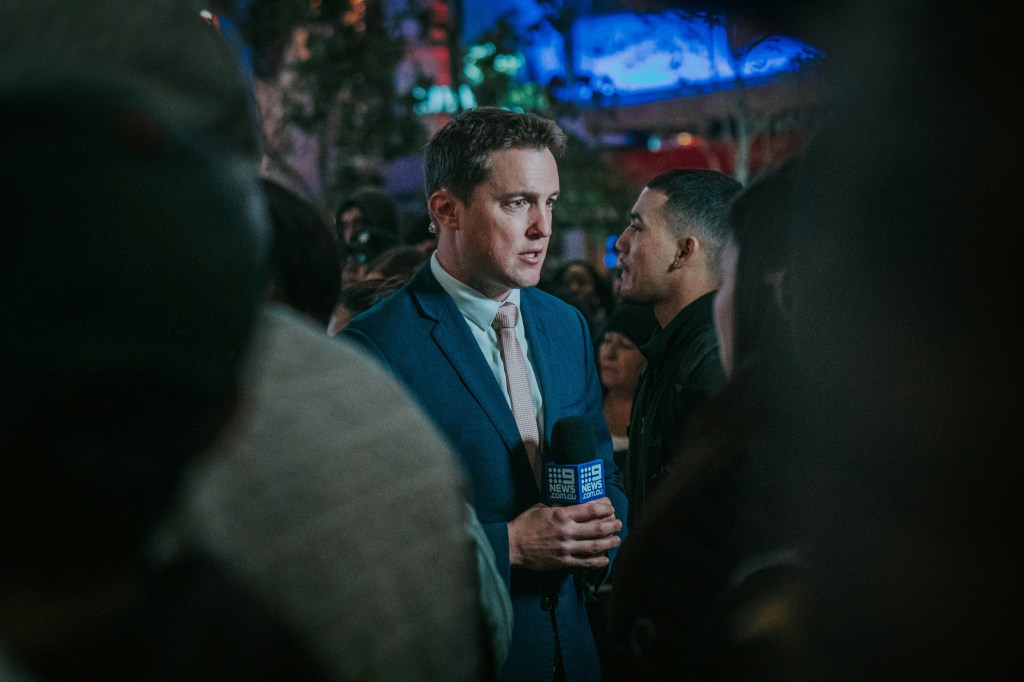
by Jadyn Barrow
Druid Hills High School
New technology and innovations are made each day and some become beneficial to the world and some don’t. ChatGPT is an AI tool used to assist humans and it was made on November 30, 2022 by OpenAI. With the creation of ChatGPT, more and more people began to use and rely on AI. Whether it was answering a simple question, writing a school paper or writing a paper for work. Although it was beneficial to some people, it’s deeply affecting my future and fellow journalists in many ways.
One of the main issues is that people claim the work of AI or ChatGPT as their own. As mentioned in Mashable, literary magazines, such as Clarkesworld, have been having issues regarding ChatGPT. When they were accepting submissions, they noticed that forms of AI were used to write literary pieces, which limits the creativity of the writer. I have noticed that when writers use ChatGPT, their work becomes boring and has no creative features, hence a robot is writing it.
“What’s so important about journalism is following our journalism ethics and making sure things are factual and accurate,” said Kayla Renie, Newsroom Adviser of The Red & Black. “And when ChatGPT makes those mistakes, it puts a bad tone on journalists. So, I think as a whole, it could be confusing. Did a real person write this, did a journalist write this, did a member of my community write this, or was this a computer compiling all this information.”

Fellow people have similar thoughts as myself, and it’s not limited to just journalists. Rodolfo Delgado wrote in Forbes, ‘As writers, our distinct voices and authenticity are what draw people in. Reflect upon the individuals you follow or enjoy reading about. More often than not, you’re drawn to them because you resonate with their thoughts, their persona. As a writer, if you heavily rely on AI to improve your grammar or refine your ideas, you risk losing yourself in the process. Consequently, you stand to lose your readers and followers.’
Therefore, when writers use ChatGPT work as their own, it looks bad on them and makes them look lazy and untalented. “Journalists are speaking for what’s taking place, so that our readers can be educated and connect, and AI doesn’t do that, it takes images from anywhere and creates images and things that are not unfolding in front of you; it’s literally the opposite of photojournalism,” Renie said. “We need real people to document because a computer can’t do that with emotion, with honesty and connection to educate, it’s just created from the void.”
A potential fear that occurs in the journalism industry due to the creation and use of AI is if it will eventually take the jobs of journalists. AI continues to “improve” every time it’s used and if it keeps getting smarter, there’s a chance it could be able to destroy the journalism industry. As a future journalist, I don’t want ChatGPT and other AI tools to take my career away because I believe it would be unfair and human writers are better as a whole than robot writers. Thankfully other journalists have the same fear as myself that AI is out for their jobs.
“Journalism will always have an importance and matter,” said Renie. “You can’t set aside the value of face to face journalists, journalists being members of the community, and getting your information from a real person, somebody who’s trustworthy. I think where AI could infringe on journalists’ jobs would be copy editing or doing quick pieces.”
Many people including myself believe that forms of AI, such as ChatGPT, are negatively affecting the journalism industry as a whole, limiting the critical thinking skills and creativity of writers and taking over their careers. And for everyone else, AI causes dependency, which will cause people to lose their sense of creativity.
